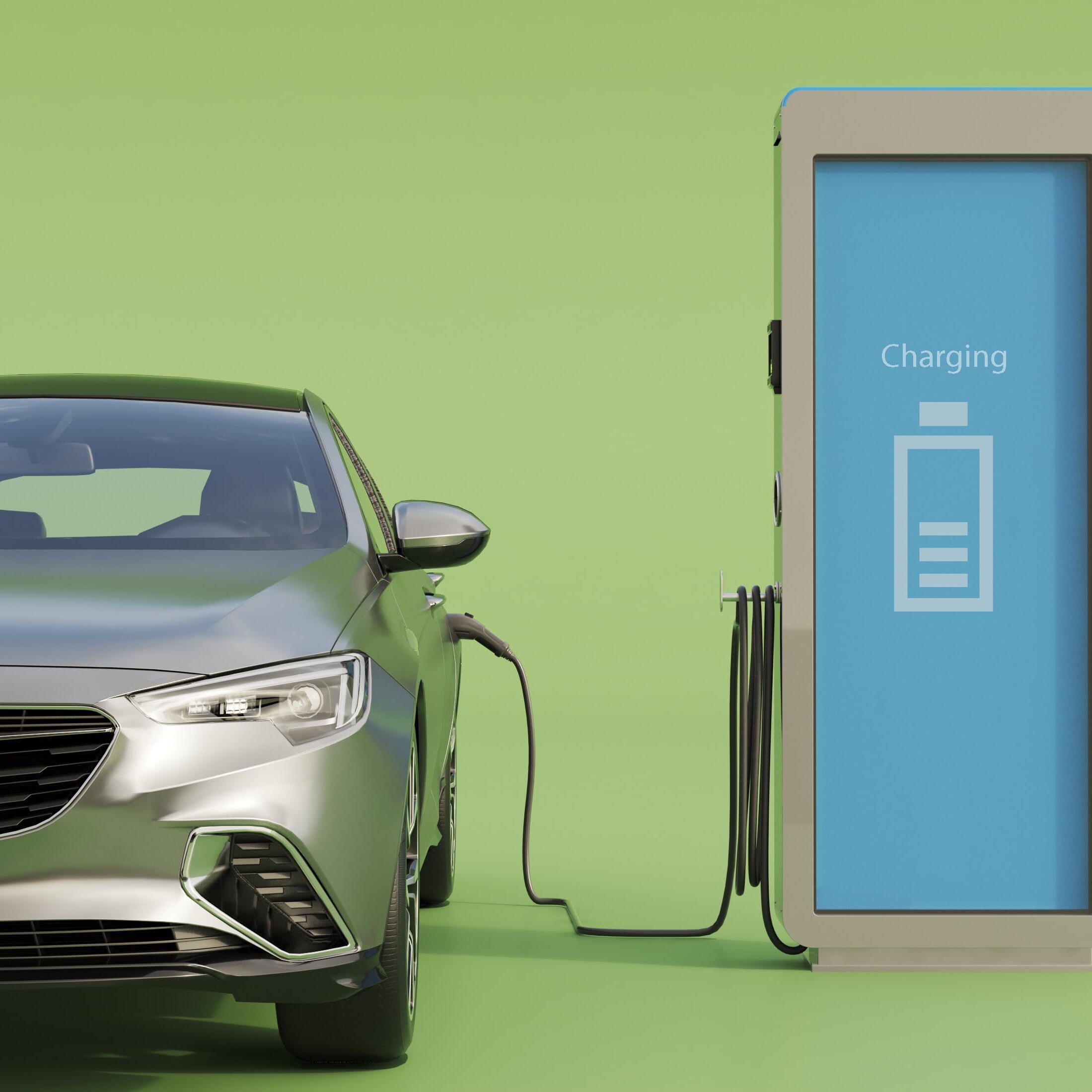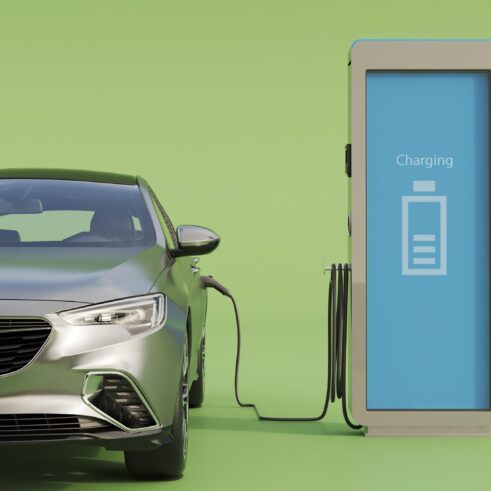
In the realm of transportation, a revolution is silently underway. Electric vehicles (EVs) are no longer a futuristic concept; they are the present, and more significantly, they represent the future of the automobile industry. As the world grapples with environmental concerns and the need for sustainable practices, EVs have emerged as a beacon of hope, promising a cleaner, greener tomorrow.
Advancements in EV Technology:
The advancements in electric vehicle technology have been nothing short of remarkable. One of the significant breakthroughs is in battery technology. Lithium-ion batteries, which power most modern EVs, have become more efficient, offering increased energy density and longer ranges. Research into solid-state batteries promises even greater energy storage capacities and faster charging times, making EVs more practical for daily use.
Charging infrastructure has seen substantial improvements too. Fast-charging stations have become commonplace, reducing charging times significantly. Moreover, wireless charging technologies are being developed, allowing for effortless charging experiences, akin to charging your smartphone.
Market Trends and Adoption:
The market trends concerning electric vehicles are indicative of a paradigm shift. Governments worldwide are incentivizing the adoption of EVs, offering subsidies, tax benefits, and investing in charging infrastructure. Major automakers are not only investing heavily in EV research and development but are also unveiling an array of electric models to meet the growing demand.
Consumer attitudes are changing as well. The misconceptions regarding limited range and lack of charging infrastructure are dissipating. With EVs offering impressive ranges and fast-charging options, more consumers are considering making the switch. Additionally, the appeal of eco-friendly driving and lower long-term operational costs make EVs an attractive choice.
Environmental Impact and Sustainability:
One of the primary driving forces behind the surge in electric vehicles is their positive impact on the environment. Unlike traditional internal combustion engine vehicles, EVs produce zero tailpipe emissions, reducing air pollution and mitigating climate change. Furthermore, the shift towards renewable energy sources for electricity generation enhances the overall environmental benefit of EVs, making them a vital component in the fight against climate change.
Challenges and Future Outlook:
While the future of electric vehicles appears promising, challenges persist. Battery disposal and recycling, ethical sourcing of raw materials, and the environmental impact of manufacturing processes are areas that require attention. Additionally, enhancing the energy density of batteries, reducing manufacturing costs, and developing sustainable charging solutions are ongoing challenges that researchers and engineers are tirelessly working to overcome.
In the coming years, we can expect to witness even more remarkable advancements in EV technology. From improved battery technologies to innovative charging solutions and the proliferation of electric models across various vehicle segments, the future of electric vehicles is not just exciting; it’s electrifying.
In conclusion, the future of electric vehicles is bright and promising. With advancements in technology, supportive market trends, and a growing focus on sustainability, EVs are set to reshape the way we commute, making our journeys not just efficient but also environmentally friendly. As we move forward, embracing electric vehicles isn’t just a choice; it’s a collective step towards a cleaner, greener, and more sustainable future.



